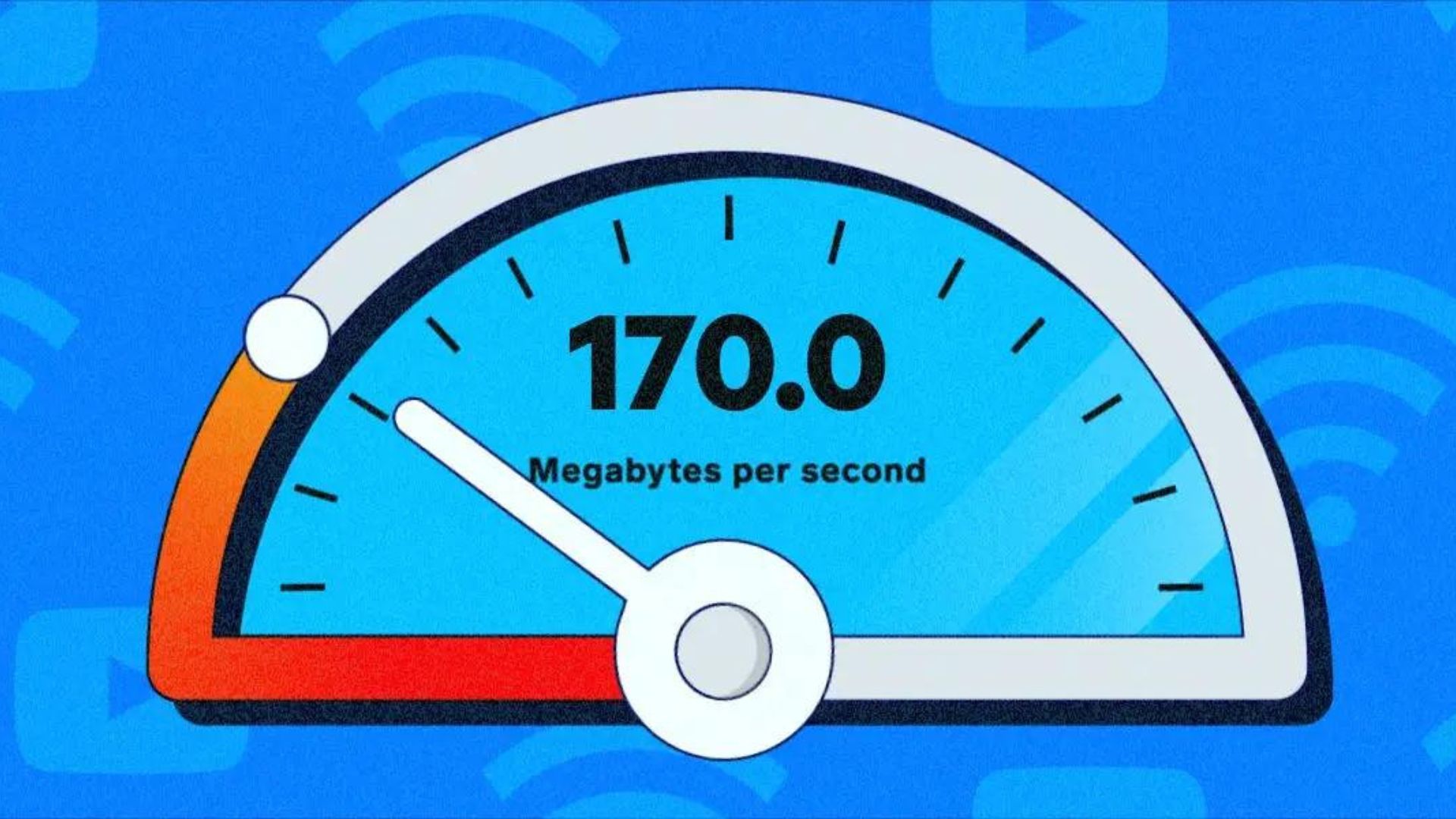|
Getting your Trinity Audio player ready...
|
Internet speed is crucial in the digital age, where our lives are increasingly intertwined with online activities. From streaming movies and playing online games to conducting business meetings and staying connected with loved ones, a fast and reliable internet connection is essential for seamless interactions in the virtual realm. However, despite the advancements in technology, many users often find themselves grappling with sluggish internet speeds. Understanding the factors that influence internet speed is the first step towards optimizing your online experience. In this article, we delve into the various factors that can affect your internet speed and provide insights into how you can enhance your connection for smoother browsing, streaming, and downloading.
The Role of Bandwidth
Bandwidth, often referred to as the “capacity” of your internet connection, plays a crucial role in determining your internet speed. It typically measures the maximum amount of data that your internet connection can transmit within a specific period, often measured in megabits per second (Mbps). The greater the bandwidth, the faster your internet speed is likely to be. However, bandwidth is not solely determined by your internet service provider (ISP); it can also be influenced by factors such as network congestion and the number of devices connected to your network.
Understanding Latency
Latency, also known as “ping,” refers to the time it takes for data to travel from your device to the server and back again. During activities that require real-time communication, such as online gaming and video conferencing, latency is often measured in milliseconds (ms) and can significantly impact your internet speed. High latency can result in laggy gameplay, buffering during video calls, and slow response times when browsing the web. Several factors can contribute to latency, including the physical distance between your device and the server, network congestion, and the quality of your internet connection.

The Influence of Network Congestion
Network congestion occurs when the demand for bandwidth exceeds the available capacity of the network, resulting in slower internet speeds for users. This often occurs during peak hours when many people are simultaneously using the internet, such as in the evenings when streaming services experience high traffic volumes. Factors such as outdated infrastructure, inadequate network capacity, and internet service provider throttling can exacerbate network congestion.. To mitigate the effects of network congestion, consider scheduling bandwidth-intensive activities during off-peak hours or upgrading to a higher-tier internet plan with greater bandwidth capacity.
Impact of Hardware and Software
The Influence of Wi-Fi Signal Strength
For users connecting to the internet wirelessly, the strength and quality of the Wi-Fi signal can significantly impact internet speed. Physical obstacles such as walls, furniture, and appliances, as well as interference from neighboring networks and electronic devices, can attenuate Wi-Fi signals. To improve Wi-Fi signal strength and enhance internet speed, consider positioning your router in a central location within your home, away from obstructions. Additionally, avoid placing your router near electronic devices that emit electromagnetic interference. This include, microwaves and cordless phones, and consider investing in Wi-Fi extenders or mesh networking systems to extend coverage to areas with weak signals.
Optimizing Your Internet Speed
While several factors can affect your network velocity, there are also various steps you can take to optimize your connection for faster and more reliable performance. Regularly conducting speed tests can assist you in identifying any issues affecting your internet speed and determining whether you’re receiving the speeds promised by your internet service provider. Additionally, optimizing your network settings, such as enabling Quality of Service (QoS) features to prioritize bandwidth-intensive applications, can help improve internet speed and reduce latency. Finally, consider upgrading to a higher-speed internet plan or switching to a different internet service provider if you’re consistently experiencing slow speeds or unreliable connectivity.
Conclusion
In conclusion, internet speed plays a crucial role in our increasingly connected world, influencing our ability to browse the web, stream media, and communicate with others online. By understanding the various factors that can affect internet speed, from bandwidth and latency to network congestion and hardware issues, users can take proactive steps to optimize their internet connection for faster and more reliable performance. Whether it’s upgrading your hardware, optimizing your network settings, or choosing the right internet plan, there are plenty of options available to ensure that you enjoy a seamless online experience.
You might be interested in:
- Internet Censorship and Freedom of Speech
- Understanding the Significance of Computer Literacy
- Navigating the World of Internet Banking
- The Evolution of Internet Privacy





